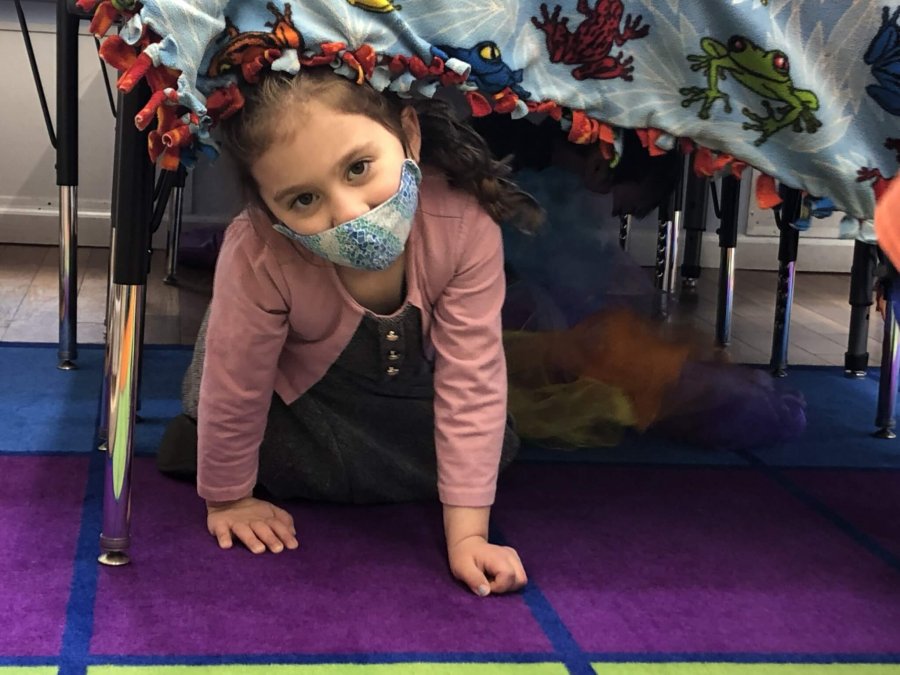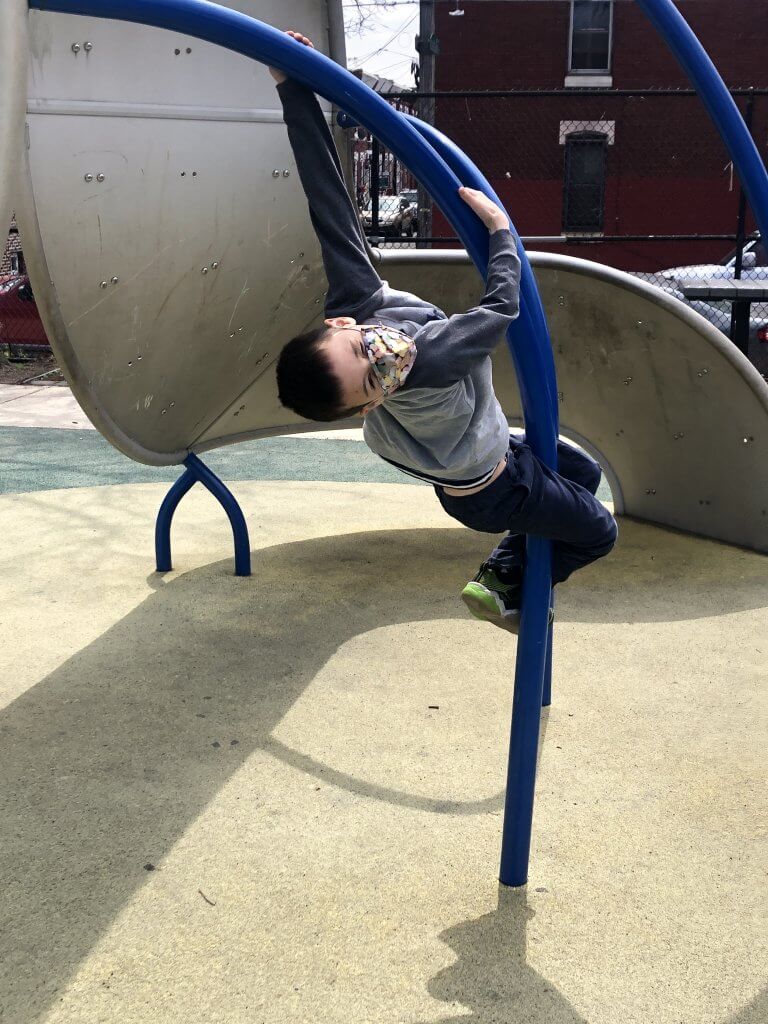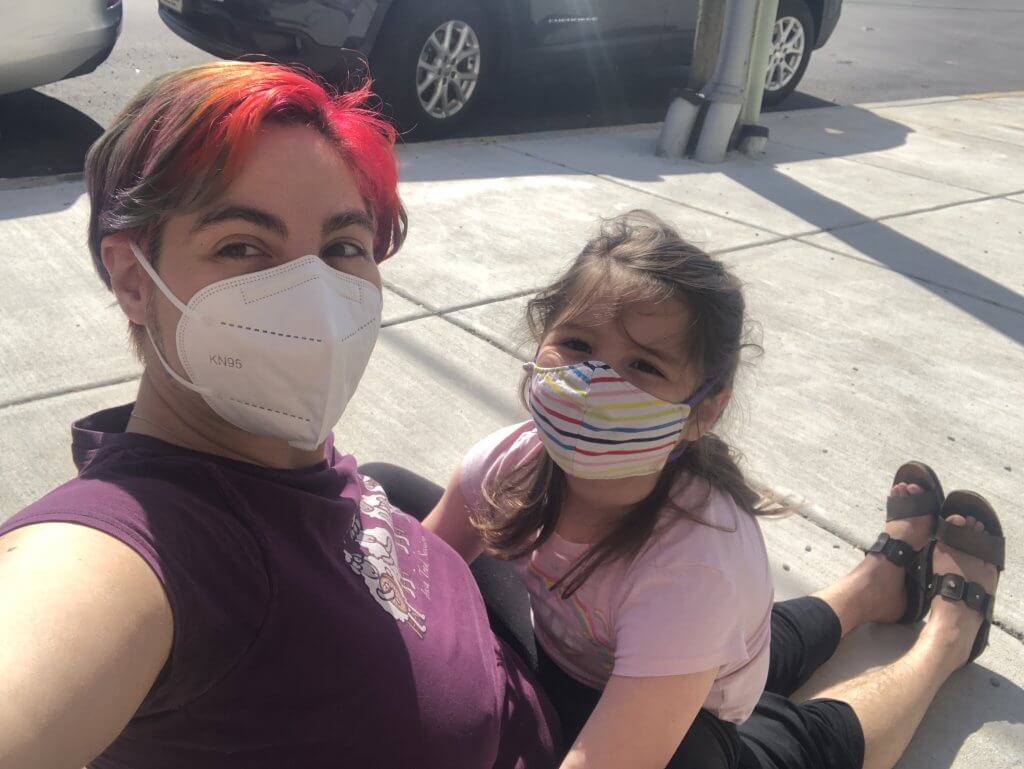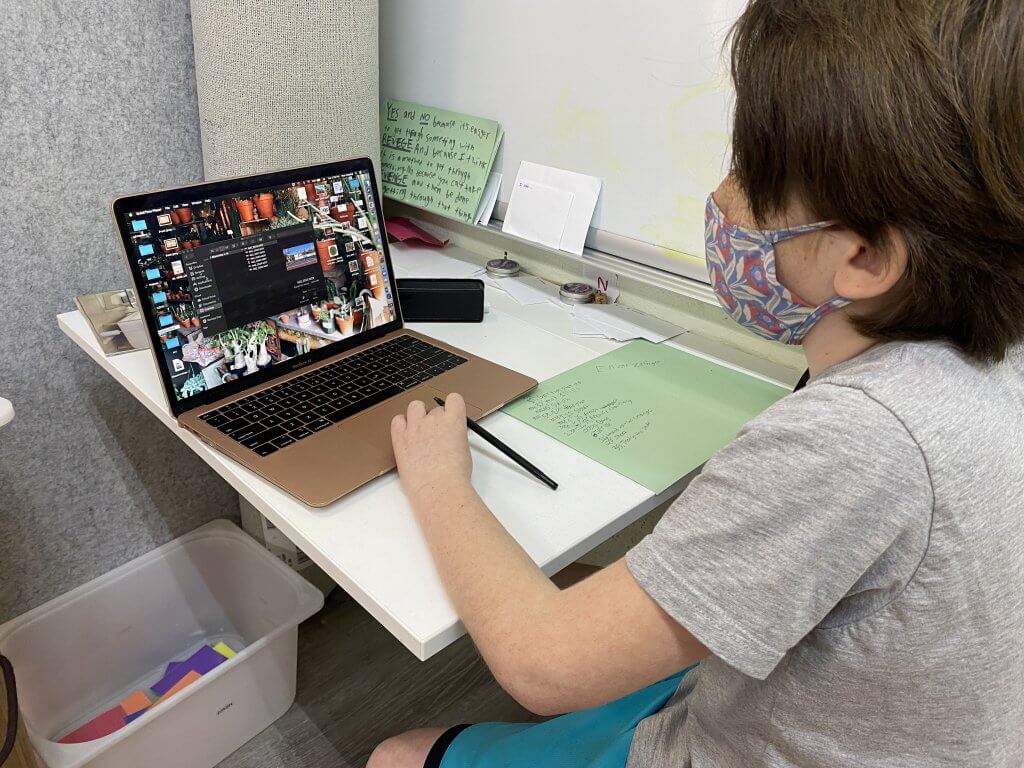
How can our leaders help guide us through challenges resiliently? In the third chapter of Sefer Yonah (the Book of Yonah), Yonah finally goes to Ninveh and warns the people that God will flip their city upside down in 40 days. The whole city, from the king all the way down the animals, dresses in sackcloth, sits down in ashes, observes a fast, and cries out to God. By official order of the king, everyone needs to participate in fixing their mistakes in order to save the city. God notices their actions, and decides not to destroy Ninveh.

We noticed and evaluated the impressive leadership from Ninveh’s king. His response to Yonah was surprising to some of us, but ultimately seemed the most helpful to his people. If you were the king and a stranger came to your city predicting its destruction, how would you feel? What would you do?
- I would want to get them away and not believe them. I don’t want to have the city flipped upside down.
- First, I would ask the stranger some questions like, who gave him the message? What was his name? And some other things. And then, I would decide whether the people in Ninveh should listen or not. If not, then I would ignore him. If yes, then I would tell my people they would find a new place to live (if there was a guarantee that our city would be destroyed).
- I would call the police and tell them to come arrest the stranger from my palace. Or tell my guards to put traps everywhere in the kingdom to catch the stranger.
- I would make a new house or new technology in the palace to catch the bad guys trying to destroy the city.

What was important about how the king responded? How could it have affected other people if the king and his officials chose to ignore or disbelieve Yonah?
- The people would have been frustrated because they believed Yonah but the king wasn’t doing anything to help.
- The people would follow their leader – so they might not have fasted themselves.
- The king set an example of how to fix their mistakes.
- The king’s response helped everyone admit that they made mistakes in the first place.
Can you think of any examples of leaders responding like the king does?
- Mordechai and Esther – they also do the sackcloth, ashes, and fasting when they want their people to do it too.
- Follow the leader games – since everyone needs to follow the leader, so the leader has to do the thing too.
- The first round of Simon Says that we played where Simon had to do everything with us.

What about doing the opposite of what the king does in the story? (They could be leaders of a country or city, or just leaders of a group, a team, etc.)
- The second round of Simon Says where Simon didn’t do anything they told us to do.
- In Descendents 2, everyone else is looking for the leader who went away back to where she was born. The leader was the only one not searching.
- I might not wear a mask if my parents weren’t wearing masks because I wouldn’t think it was important or know why people did it.
By setting an example of admitting wrong and mistaking-fixing, the king of Ninveh was able to guide his people on a resilient path through a scary and difficult situation.
